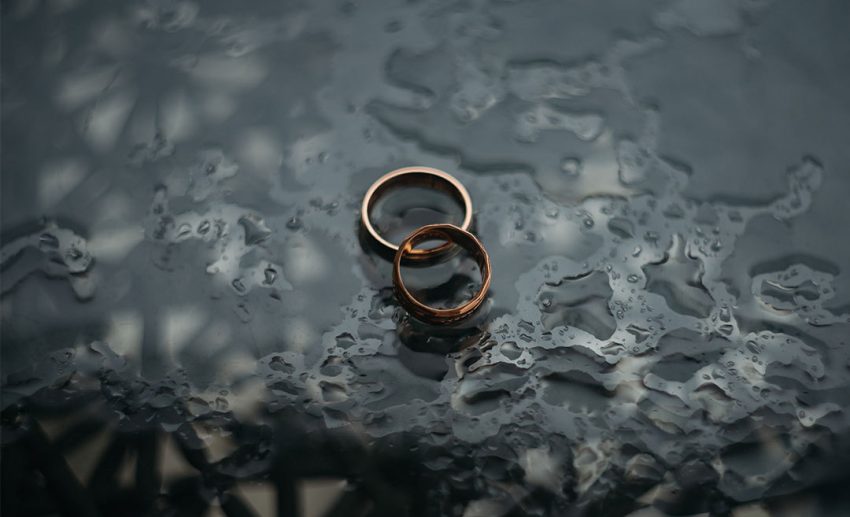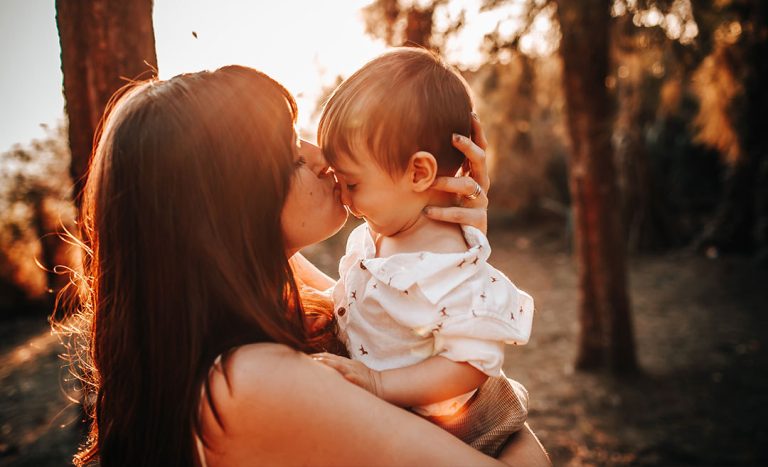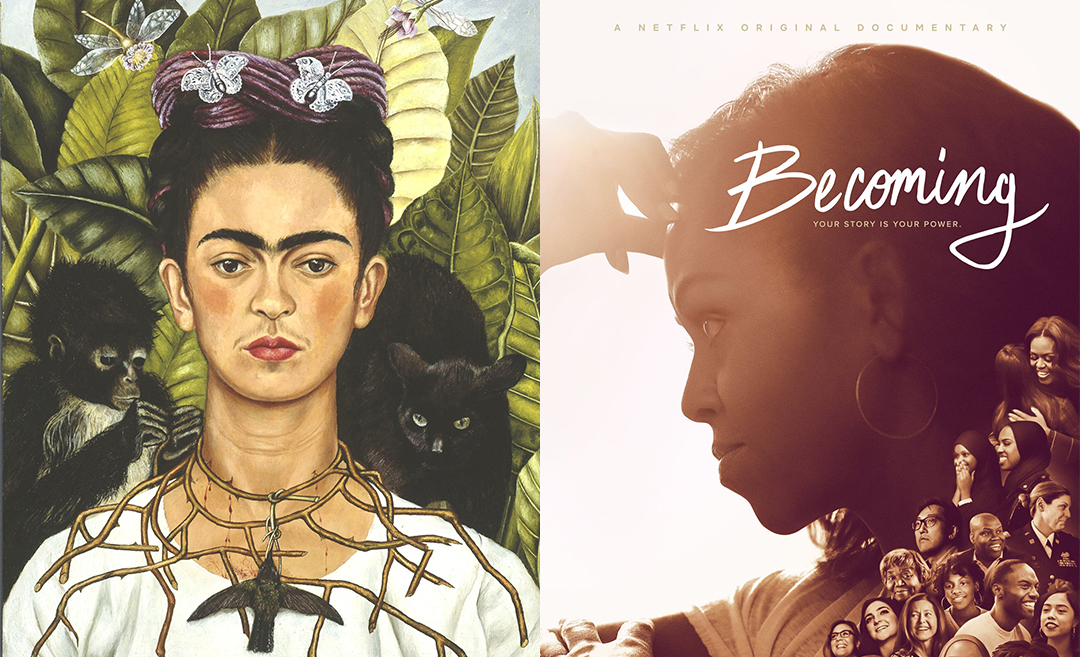As we head once again towards the day that has been designated as specially for us women, it’s time once again to take stock of where we are, at least here in Malaysia.
A winning streak
First, the good news, most of which happened in the last five months. Last September, a group of six Malaysian mothers and the campaign group Family Frontiers won a landmark victory in the High Court. After years of trying to get the same right as Malaysian men with foreign spouses to confer Malaysian citizenship to their children who were born abroad, the High Court agreed with them that denying that right would be a violation of Article 8 of the Federal Constitution which says that everyone is equal under the law, regardless of gender.
This judgment built on another landmark case in 2018 where a Hindu father kidnapped his underaged children and unilaterally converted them to Islam without their mother’s consent or knowledge. The judge in that case ruled that ‘parent’ in the Constitution meant both father and mother and not just one of them. The High Court also ruled that her children had to be returned to her, a decision that only gave her back her two older children but not the youngest.
This judgment also allowed another mother, in a very similar recent case, to be reunited with her children after three years apart from them. Having been abused by her ex-husband so severely that she had to stay in a shelter home, her children were taken away, unilaterally converted and placed in an orphanage. But the court had awarded her custody and she won her case against the orphanage. Videos of the happy mother and the equally happy children attest that justice prevailed.
Another good judgment (our courts are on a roll!) came from the Federal Court, the highest court in the country although it was not specifically about women. An NGO that fights for justice and equality for Muslim women called Sisters in Islam had taken the Selangor Religious Council to court for issuing a fatwa against them. In the process, the Council retroactively passed a law that said that the group could not refer to civil laws against it but had to use their own state law instead. The nine Federal Court judges unanimously disagreed, pointing out that individual states cannot make their own laws that contradict the Constitution.
This judgment has implications for other cases across the land, but the fact remains that it was a group of women who made the Federal Court clarify this important clause in the Constitution.
The courage to fight
What have we learnt from these successes?
One is that when women have the courage to fight, they have every chance of winning. All these women decided the only way to get justice is through the courts. Undoubtedly that is a daunting prospect, and it can be expensive. But there are lawyers who are willing to do pro bono work when the cause is right, especially if a win would be for all women, not just one. There are also many supporters who are willing to donate money for the legal expenses.
When you believe that women are equal to men under the law, as provided for in the Constitution, then the courts must decide for you, or risk being called both unconstitutional and sexist.
Secondly, these successes came for women who persevered. All these cases took a long time to come to fruition. Sisters in Islam have been in and out of our courts for almost 10 years and it is still not over. Although recently, three women received the citizenship certificates for the overseas-born children they had with foreign husbands, it is not over yet for Family Frontiers and their group because the government, unbelievably, is appealing the decision. The mother whose case made history in 2018 is still waiting to see her baby, now aged about 14, even though the court has ordered the father to return her child.
Moving forward

We still have several other women’s issues that have not been resolved. Child marriage still exists even though women’s groups have been fighting to raise the age of marriage to 18 instead of 16 for both sexes. Female circumcision is still being practised, and although it may not be as drastic and dangerous as that in the Middle East and Africa, the belief that it will lessen female sexuality remains. Sexual harassment in the workplace remains a problem, but a bill against it is being tabled in the next sitting in Parliament after many years of advocacy by women’s groups.
The theme for this year’s International Women’s Day is #BreakTheBias, and I think it’s really fitting. We are still seeing stereotypes being perpetuated by some of our leaders including that we should always talk nicely to our husbands and if we don’t, he’s allowed to ‘gently’ beat us. We should not even earn more than our husbands because it’s bound to make them unhappy. Stereotypes come from biases ingrained in some people’s minds from centuries of patriarchal indoctrination. The only way for there to be change for women, and for there to be justice and equality, is by standing up for ourselves. We need to break the bias that ‘good’ women are silent and compliant.
–ends–



